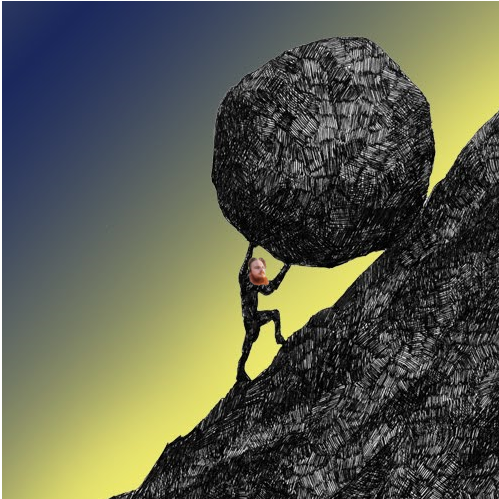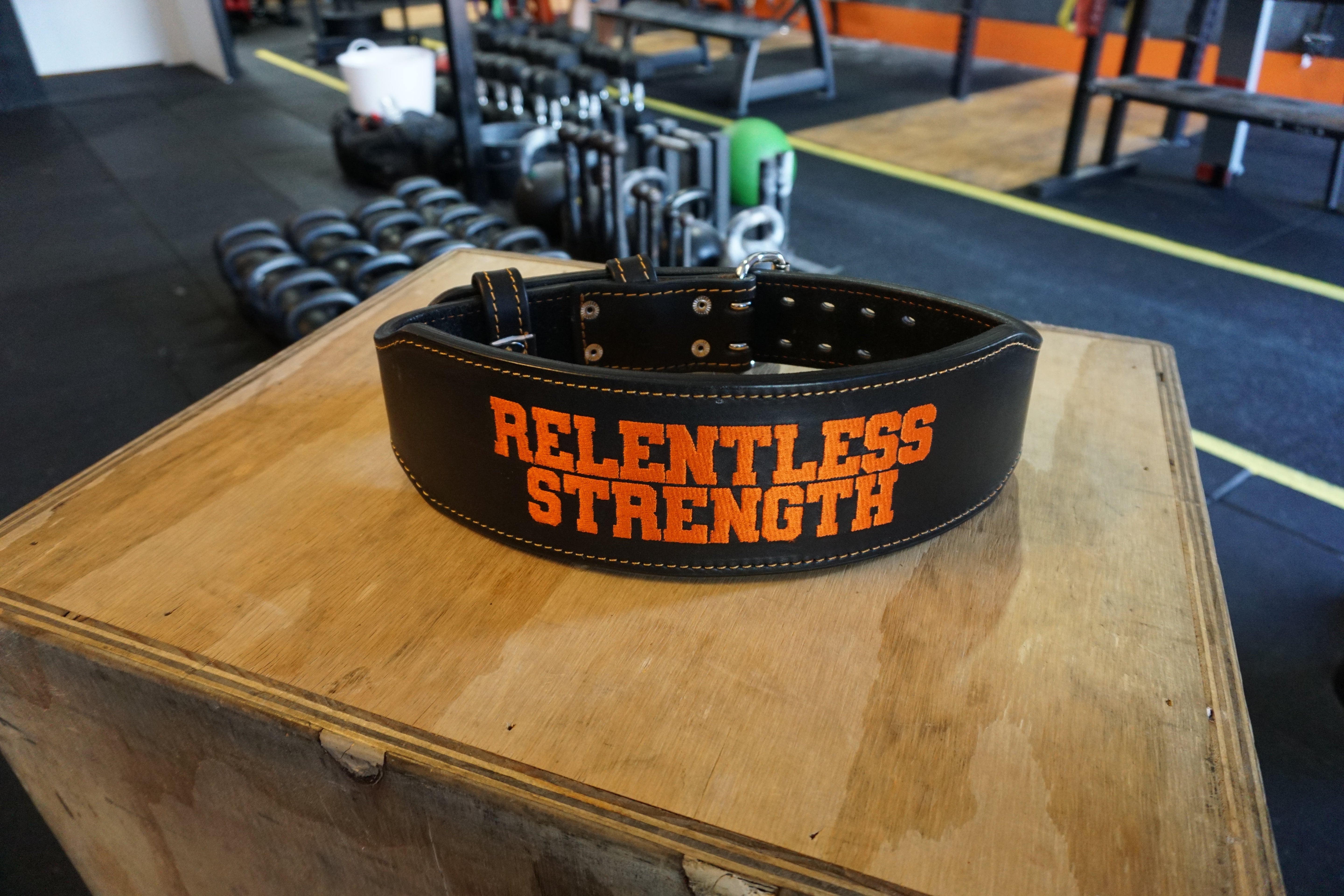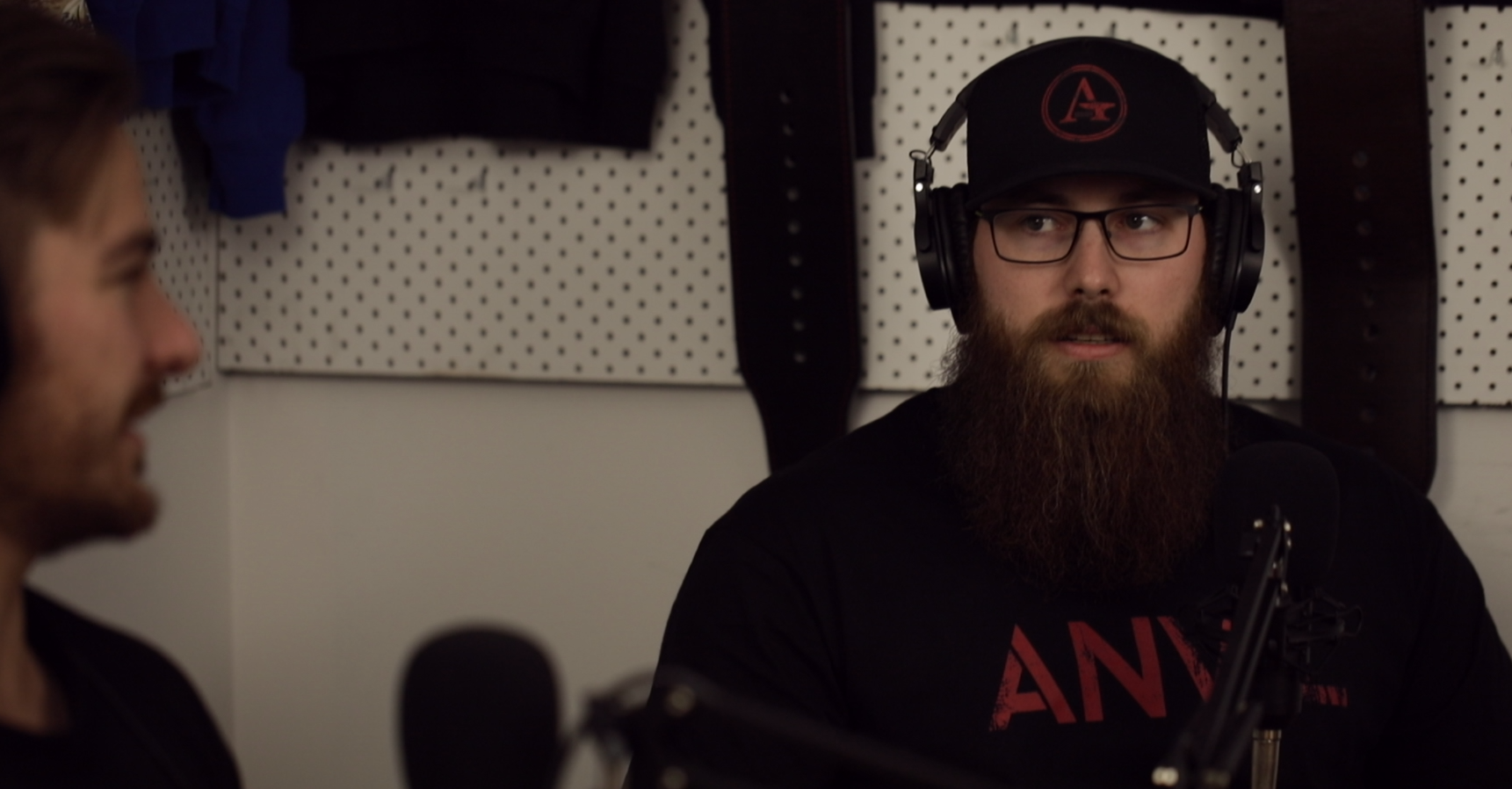Pushing Uphill

An article by Daniel Hunt.
In the past, I have described my daily life as a path along which I’m walking. I’ve used this analogy to conceptualise the difficulty of different days - as some days the path is flat and simple to walk along, whilst other times it feels as if I’m walking uphill carrying a heavy load. This may sound like an oversimplification of daily life, however, I would argue that’s the point of using analogies - to conceptualise real life experience. When someone asks questions like, “How are you?”, the standard answer is - “Good, how are you?”. Contextually, we more often than not get asked how we’re doing as a polite form of greeting, as opposed to a legitimate inquiry into our wellbeing. It’s important to understand that unloading your emotional burdens onto a polite stranger is probably more than they signed up for - as well as a good way to deter further conversation. However, it’s not always clear where to turn when emotional or psychological stress is reaching the point of boiling over - an all too common feeling in a world where internal stress management is very slowly catching up to the demand.
Imagine, for a moment, being asked by your local barista, “Hey, how are you today?”.
It would not be a good time to say, “Honestly, badly. I cried while making toast this morning”.
A barista’s role in your life is to provide you with coffee, and telling them about your toast misadventures doesn’t assist them in fulfilling that role. Now, replace the barista with someone who would be considered to be a part of your ‘support network’ - e.g., close friend, family, mental health professional, possibly your doctor. If you were to supply one of these people with the same information, that would certainly help them support you - as is their role. My original analogy is an example, as I wouldn’t tell the McDonald’s staff about how my day feels as if I’m traversing Everest - I would tell my mental health professional though, or a friend, or my partner.
Analogies, Baristas, and Toast
Dan, what is this article actually about? That would be a fair question to have at this point, so let’s get into it.
In this article, I want to provide some insight into how someone struggling may be feeling - beyond just sad, angry, anxious, stressed, and so on. I will be drawing from my own personal experience, so take everything with the understanding that I’m a single person with experiences and perspectives limited to just that - one human being. A depressed person obviously feels sad on a pathological level, but when it comes to getting better - what incentivises a depressed person? “Not being depressed” is a totally valid and sufficient answer, as feeling depressed is an extremely negative experience - but for someone who potentially doesn’t even enjoy living, feels like a burden, and has a perspective clouded by hopelessness; convincing them that getting better is worthwhile effort is no easy task. This applies to many conditions, and personally, I’ve witnessed people choose vices and self-inflicted suffering over trying to improve. But, why? What can be so great that it’s worth sacrificing family, health, financial security, and more? Sacrificing things which are glorified as the very reason for living. I don’t have the answers, and I imagine the answers are never really simple. I do, however, kind of understand.
I’m diagnosed with Major Depressive Disorder (MDD), and depression runs in my family. I remember as a kid watching my father sit in total darkness with his head in his hands, the only light coming from a lit cigarette. I know of other family members who have struggled with something similar, and I’ve spent my entire life avoiding alcohol, smoking, and other drugs due to the prevalence of substance abuse in my bloodline. I am supported by medication with varying success - often unable to stay awake and never really sure of how I’ll feel when I wake up due to the chemical imbalances in my brain. I’ve considered suicide so many times now that it’s difficult for me to seriously consider planning for the future, and I often feel like I’m watching the world through a glass barrier, separated from everything.
Despite all of that, I’ve done my best to improve. Those negatives may all be considered ‘step backs’ in my life progress, however, there are always steps forward when dealing with these things. I’ll sum up my own progress by simply saying that I’ve come a long way, tallying hundreds of hours of therapy, and I’m content with the path I’m currently on - challenges and all.
A Million Chances to Choose
Looping back to people choosing vice and suffering over conventionally positive things, what did I mean when I said that I “understand”? I certainly can’t justify, nor do I condone, the decisions others have made when it comes to things like choosing alcohol over family, greed over friendship, or fleeting fun over health. But, I do have a level of understanding regarding the decision making process of those who have done so. Personally, there have been many times where I could choose the objectively ‘correct’ course of action when it came to my own betterment - yet I chose otherwise. Here, when I refer to the ‘correct choice’ - I mean making the choice to do something that works to support myself, as difficult as it may be. The other options may be habits developed over time, choices that are easier or all one feels they can do with their energy level at that given time - but these options aren’t always the ones that support me best.
When I am in particularly low emotional states, I have a habit of cutting out those close to me - which for my long distance partner, means receiving no messages or other forms of acknowledgement for potentially an entire day. Normally, something like that would be trivial - but when it comes to someone who is at risk of self harm, no recent messages or other ‘signs of life’ can be extremely concerning. The thing is, I am aware of this, even when I have cut everyone out during a low mood. Multiple times I will think of sending a simple “I’m alive” message, yet I end up just staring at my phone - never lifting a finger. I’m going to attempt to put that decision making process into words, and I apologise if it’s hard to imagine based on my description alone.
Imagine a situation in which you are choosing between option A and B, where you weigh up the merit of each. Now, imagine that you’ve chosen B - and now you have to choose between A and B once again. Imagine that this decision has to be made over and over again in your head for what feels like forever.
What are the differences between A and B, though?
A: I guess it’s the right thing to do.
B: Who cares? What does it matter? They’ve got enough on their plate. I’m not worth the effort. What’s the point?
Imagine that B is the most likely answer, and even if you chose A once, you’ve got what feels like forever to change your mind and choose B anyway. Put simply, making the right decision isn’t easy - especially when you’re not in the right state of mind. Whether you’re holding a needle to your arm, a bottle to your lips, or money in your wallet that you’re meant to give back - 99% of your being is telling you to do one thing, so no wonder someone may take the ‘easy’ way.
A common misunderstanding about working through struggles such as these, is that once someone has taken a step towards improving - they’re now destined to only ever continue to improve. Statistically, that’s straight out incorrect, and anecdotally I can attest to the constant back and forth battle which is the daily life of some individuals. Drug relapse, multiple stints in jail, or even just giving up on a healthy diet are all examples of someone falling back into destructive habits. I also understand that an individual who has never experienced circumstances as extreme as some of the previously mentioned examples, may have a difficult time understanding why someone would willingly damage their lifestyle and health - because at one point I struggled to understand it, too.
It is a daily challenge to actively choose the option that is conducive to self-support - and like many other skills, it is something that has to be practiced and developed. And, as I’ve mentioned - trying to make the ‘right choice’ and the work involved in doing so across these million chances to choose can be exhausting or excruciating. I am not saying it is easy - I know from my own experience, it isn’t.
Sisyphus Should’ve Just Pushed Faster
The tale of Sisyphus pushing the boulder uphill, only for it to roll down to the bottom again, is a famous myth from Greek legend - and one that has been used endlessly by low and high thinkers alike to describe the struggles of the human condition. Common understanding is that Sisyphus is being punished by the Gods, but more detailed versions of the story say that Sisyphus chose his fate when he made a deal in the after-life - a decision fueled by greed. There are quite literally entire books on this myth, but the important theme here is that everyday - Sisyphus pushed uphill, only to watch his hard work literally tumble back to where he started.
I have personally witnessed, and experienced - real-life versions of this story. My own mental health hasn’t been a journey of two steps forwards, and one step back. It was closer to one step forward, three steps back. Four steps forward, one step back. One step forward, and the terrifying knowledge that at some point - I will step back again. But over time, the steps forward have outnumbered the steps back, and I can look to where I was 6, 12, 18 and more months ago. Unlike Sisyphus, however, there is no God-like wrath waiting for me to succeed so that it may send me down again - instead, there’s only the decision to continue trying every day. Others may look at your progress and scoff, or believe that you have nothing to be sad, anxious, or stressed about - but remember that your progress is your own, and an effort is better than no effort at all. If you do decide to apply effort, you will see progress - I can guarantee it. How you measure progress will be the only obstacle preventing you from seeing it. If a month after you were unable to get out of bed, you find yourself walking to a cafe to get coffee - then you should consider every single one of those steps as one step further away from your lowest. It can be difficult to identify these metrics for progress when limited to your own perspective, but I found through the help of people close to me that I was slowly able to reframe my view on what made me ‘better’ - as those close to us are much less likely to overlook the small changes we make everyday.
Getting Better
So, how does one begin progress?
As challenging as it might be for some people to acknowledge - you can’t help someone who doesn’t want to be helped. Both a supporter and the one being supported should be aware of this - as there will be times when it isn’t easy for anyone, so a genuine desire to get better needs to be there. For myself, it took reaching a breaking point before I actively sought ways to cope and improve. I wish it hadn’t taken that much to get me proactive, but it did - so the learning point I want to pass on is that it’s never too early to try to do something for yourself.
To keep it simple, and to wrap up - positive change continues with going to a professional. Medical, mental health, or whatever it might be. There are people out there trained to help others in challenging and unique circumstances, and unsurprisingly they’re the best ones to talk to. The platform upon which you interact with these professionals isn’t limited to face-to-face anymore, as technology has allowed many forms of communication to be implemented in the name of accessibility. You may also be surprised to find that there aren’t many circumstances that haven’t been experienced by someone else, meaning that support groups are very common when looking for people who understand what you’re going through.
If you feel that you are someone who shares in challenging experiences like the ones I’ve touched on, then I hope you understand that you aren’t alone. If you aren’t, then I hope the article has shed some light on those experiences.
About Us
Anvil Training and Development is a group of Australian veterans who care about the physical and mental health of veterans and emergency service workers. We’re passionate about ongoing education and working with others to implement positive change.
Instagram: Anvil Training & Development - @anvil.td
Facebook: Anvil Training & Development - @anvil.td
www.anviltd.com
(Article Edited, Proof Read, and Fact-Checked by Charlotte Officer)
VES Mental Health Resources: https://anviltd.com/pages/ves-australian-mental-health-resources









Leave a comment